Turin Art and Culture
Turin has a vibrant visual and performing arts scene that includes an extensive mix of contemporary arts, theatre and cinema.
Photos compliments of Ivan Bert
Turin Art Scene
There are also many talented artists and art galleries in Turin, with big names such as: Galleria Civica d’Arte Moderna e Contemporanea (GAM), Castello di Rivoli and Fondazione Sandretto Re Rebaudengo exhibiting spaces for contemporary arts. However, there are many smaller galleries, which can be found away from main streets, and even more discreet ones that can be visited by appointment only. Artists are often found standing at the local craft markets that take place at weekends around the city centre.
The city boasts a lively modern arts scene and attracts many up and coming artists and gallery owners. It was also the birthplace of the Arte Povera movement in the 1960s whose leaders included locally born and bred Mario Merz and Giuseppe Pennone. Modern art installations feature unexpectedly on buildings and blend in to urban landmarks around the city. Mario Merz’s ‘Fontana’ and Giuseppe Pennone’s ‘Giardino di Cefalonia’ in Corso Lione, demonstrate Turin’s dedication to the contemporary urban arts scene and complement the ‘Spina’ centrale urban redevelopment plan stretching from Largo Orbassano in the south to Caselle airport in the north.
Closer to the centre however, spot the neon red Fibonacci numbers when dark falls on the side of the Mole Antonelliana and see if you can locate the blood stained nose ring pierced high up into the corner of a baroque façade in Piazza Palazzo della Città.
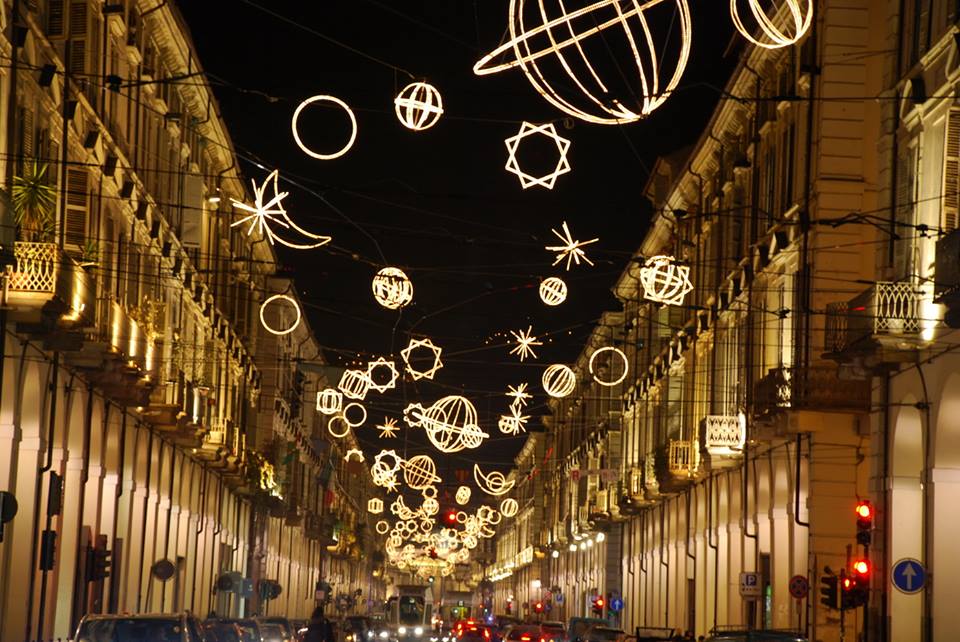
Luci d’Artista – Turismo Torino e Provincia
In the winter season, Luci d’Artista, is a contemporary light festival with local and international artists’ installations illuminating the city’s piazzas and streets since 1997.
Turin hosts Artissima, an international contemporary arts festival and its quirky collateral partner Paratissima, annually in November, to showcase the latest offerings on the modern arts scene. There is also a local biennial arts initiative, ARS Captiva, which works with schools, local artists and cultural environments to educate young people in the arts through workshops, parties and projects.
Turin Theatre & Cinema
Turin is able to boast a long history of theatre, opera, ballet and contemporary dance performing in its many historical and modern theatres. Teatro Regio, the most popular for classical music lovers, was the first, opening in 1681 to mark the coming of age of Savoy Duke, Vittorio Amedeo I. The Teatro Stabile di Torino company has a rich calendar of classic Italian and foreign performances at the Teatro Carignano, another one of Turin’s historical theatres, and along with the renowned Teatro Alfieri, has a faithful membership following. Others such as Teatro Gianduia now house a museum of puppets and marionettes and shows and workshops are available for children.
In May, Turin also hosts the Torino Fringe Festival, a multidisciplinary festival that focuses on performing arts, visual arts, theatrical and musical disciplines.
More modern theatres in Turin include:
Teatro Colosseo, the largest theatre in Turin, Fondazione Sandretto Re Rebaudengo promotes visual arts, music, theatre, dance, cinema and literature, Teatro Nuovo which is the major venue for contemporary dance, and Auditorium Giovanni Agnelli, redesigned by Renzo Piano at the ex-Fiat Lingotto factory, attracts major international conductors and orchestras including Orchestra Sinfonica nazionale della Rai. Amateur theatre groups are popular in Turin and there is English Theater Torino (ett) for local enthusiasts.
Turin Cinema
Did you know that the Italian film industry was born in Turin?
The Museo Nazionale del Cinema is even housed in Turin’s symbolic edifice, the Mole Antonelliana, which gives you some idea of how highly film and cinema are regarded in the Piedmont region.
Turin and Piedmont are a favourite for directors, providing the backdrop for many films, TV series and soaps. In fact, it is not uncommon to stumble across scenes being filmed in the city centre of Turin. Let’s not forget that it was once backdrop of choice for Peter Collinson’s The Italian Job (1969) featuring Michael Caine and the iconic Mini Coopers in their get-away across some of the city’s most famous landmarks: Gran Madre, via Po’s arcades and the Fiat Lingotto factory test track.
Cinema going is a pleasurable pastime for residents and there is plenty of choice of cinemas both in town and out. Cinema Massimo in via Verdi, just across from the Museo Nazionale del Cinema, shows new releases, foreign films, a regular programme of films dedicated to key directors and art house productions. Cinema Centrale, in via Carlo Alberto, shows films in their original language.
Turin’s Film Festivals
Torino Film Festival (TFF), which takes place in November, is the second largest film festival in Italy after Venice, and is increasingly highly regarded, attracting some big names in the industry.
Turin also hosts Festival Cinema delle Donne annually every October, Turin International Gay & Lesbian Film Festival in April and Sottodiciotto Film Festival in December, the latter which gives space and voice to young directors and film industry artists. Sotto18 LAB, in association with the film festival, offers workshops and training opportunities for young people in educational institutions around the area.
Local Artists
 Mariella Crosio Mariella Crosio |
 Deborah Rushton Deborah Rushton |
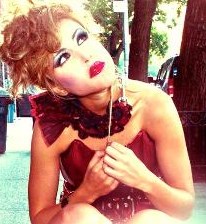 Valentina Brostean Valentina Brostean |
||
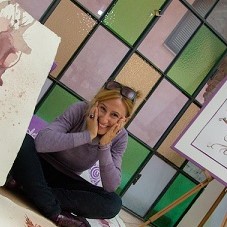
PurpleRyta |

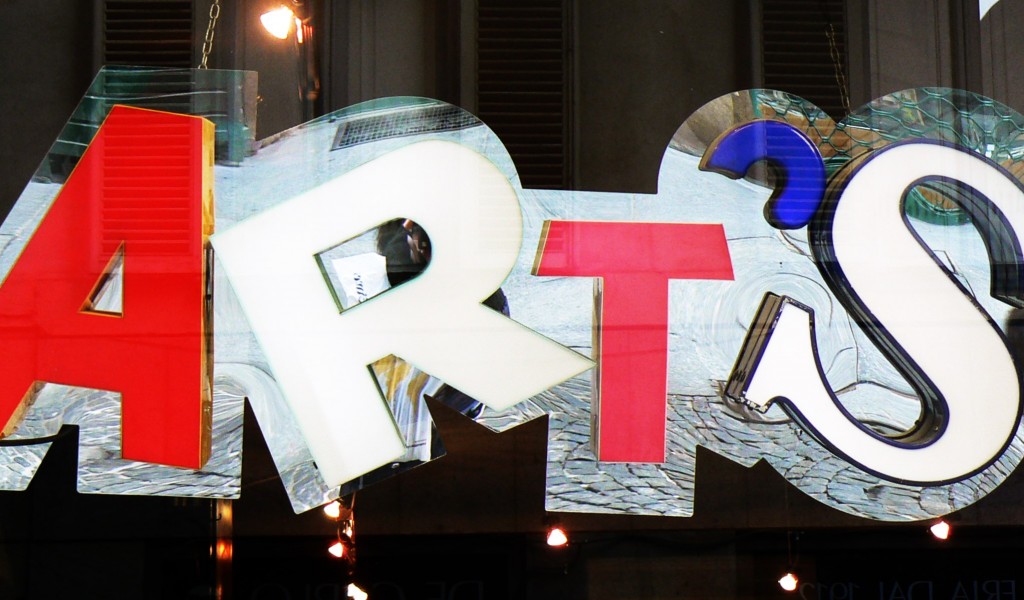
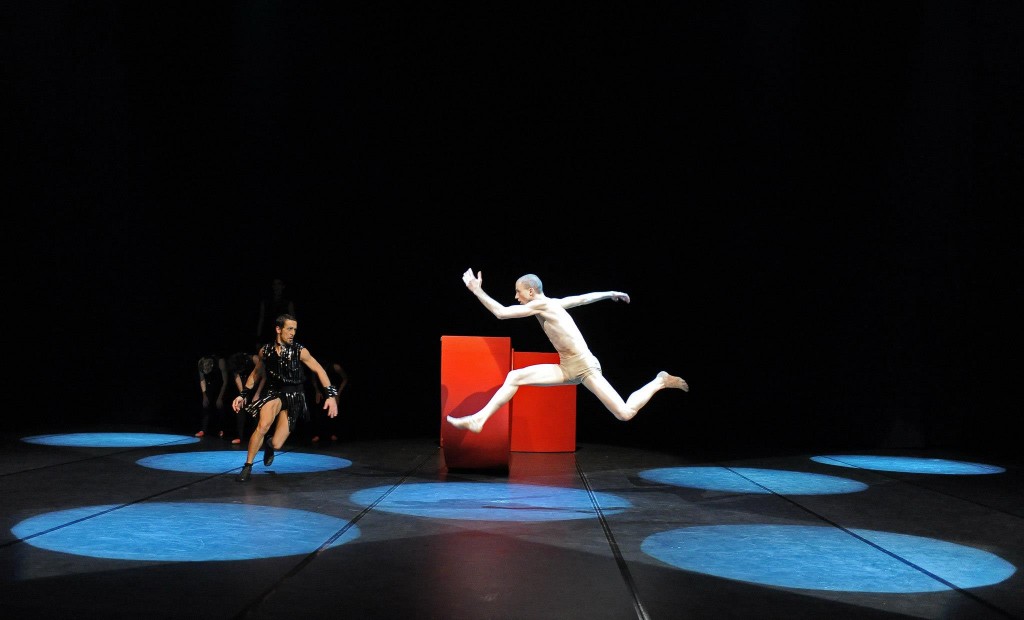
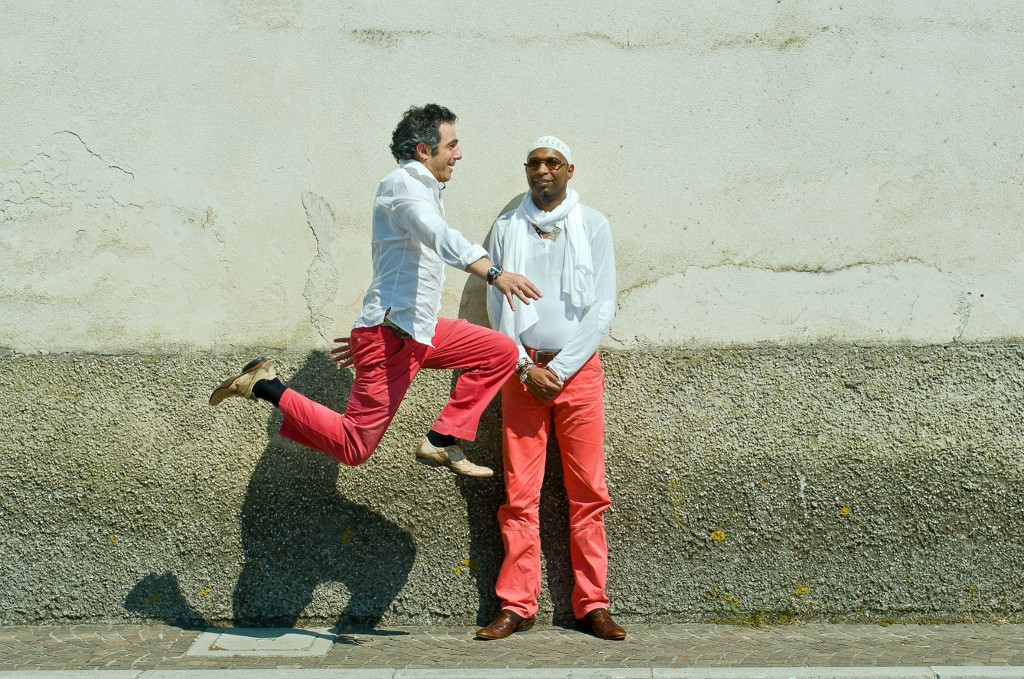
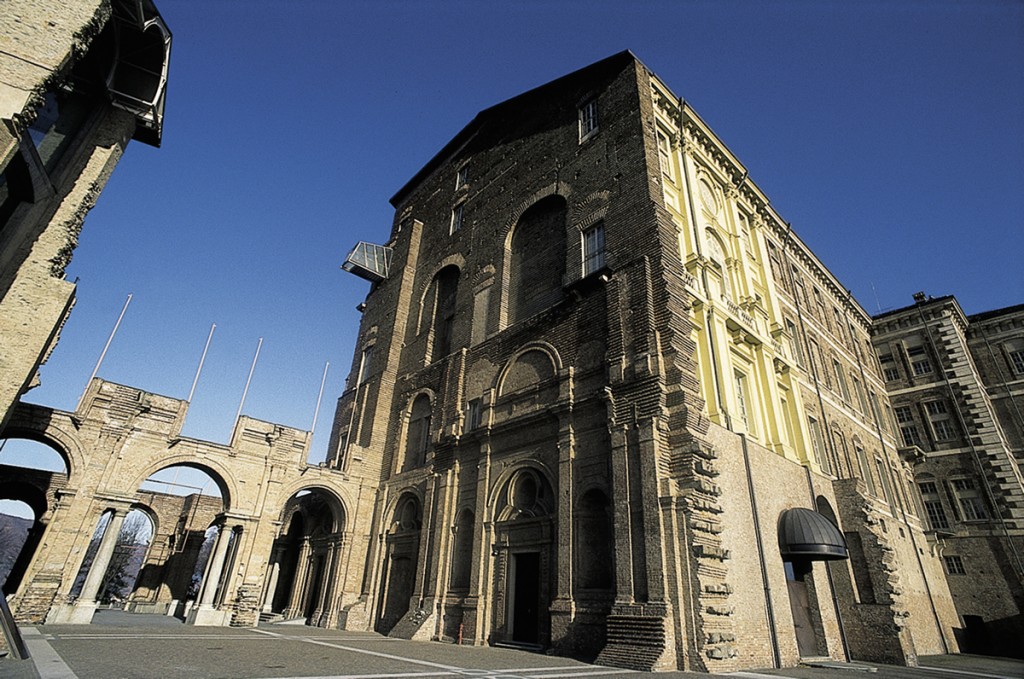
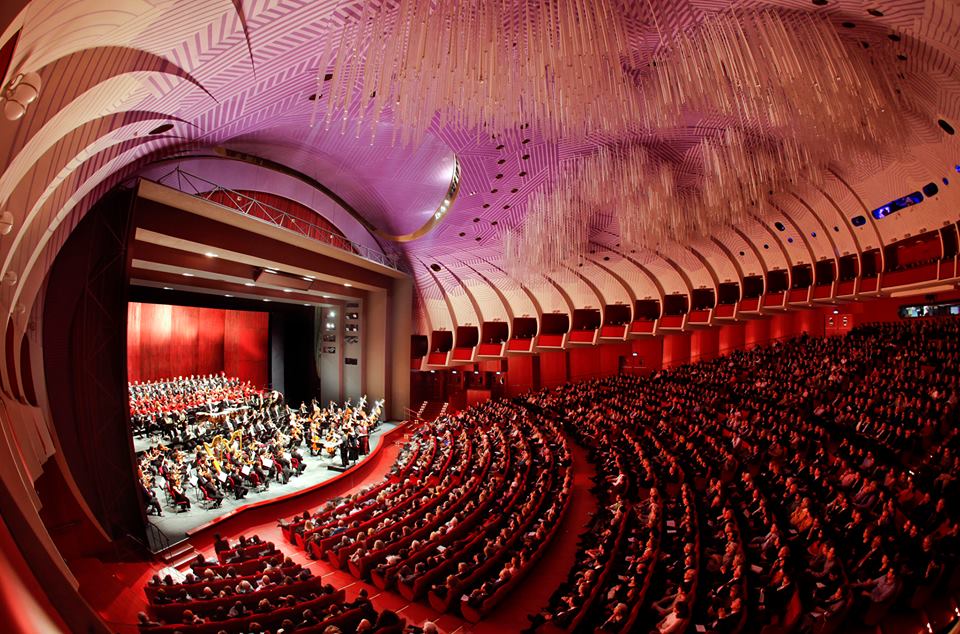
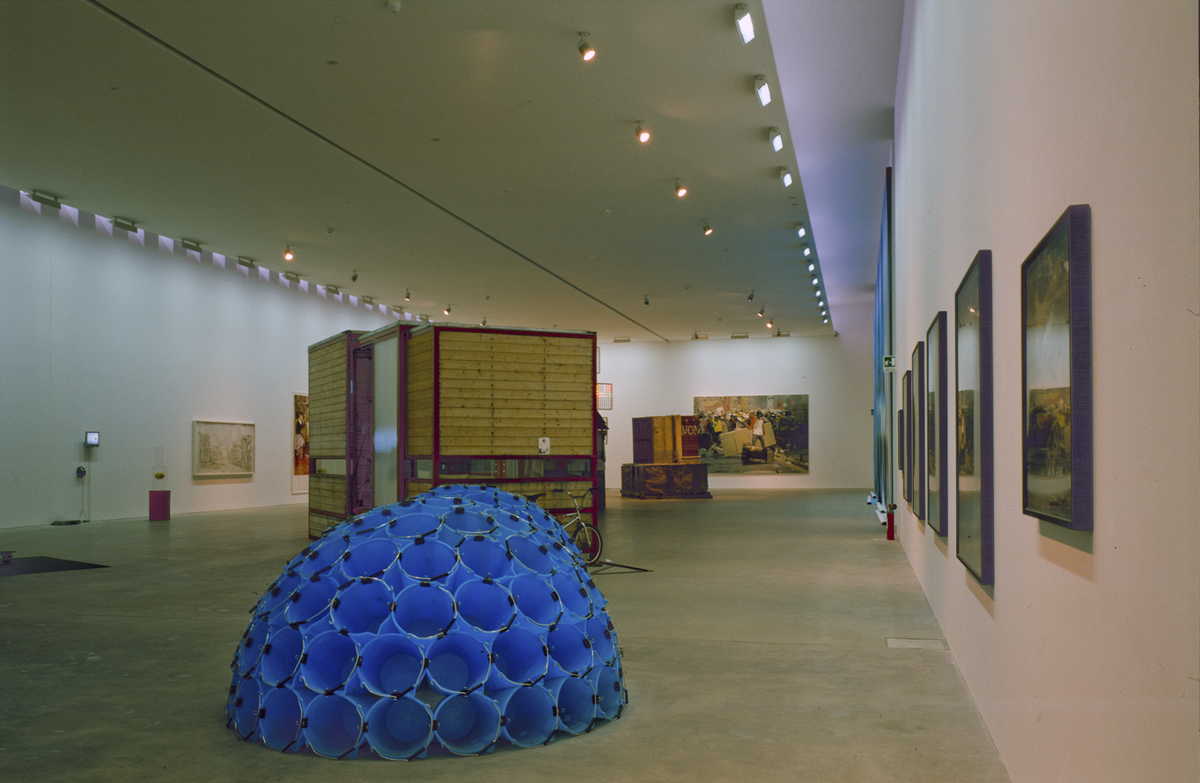
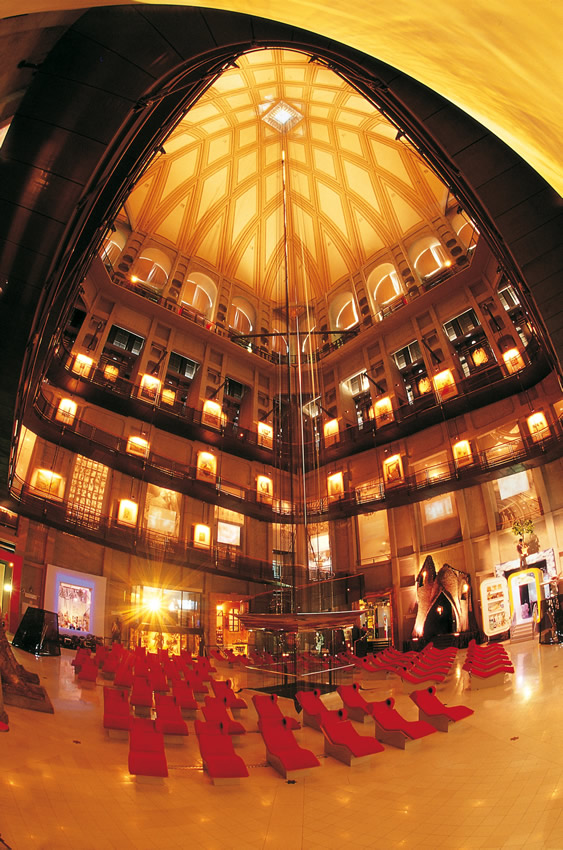
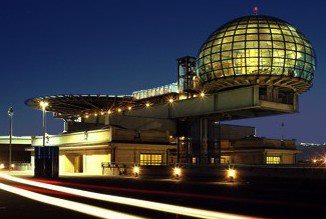
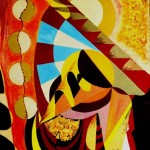
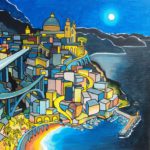

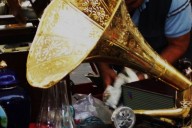
2 Comments
[…] Click here to discover artists in Turin […]
[…] Turin’s Film Festival in November […]